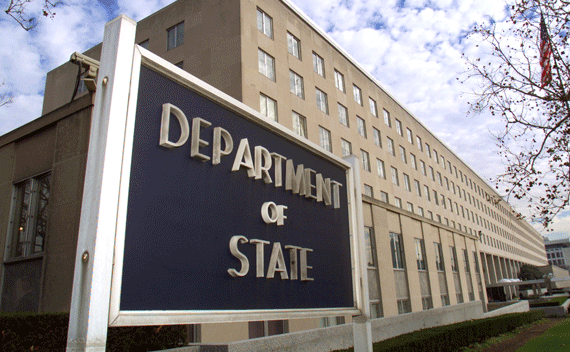On June 18, 2025, the Department of State and the U.S. Embassies and Consulates resumed visa processing for new and returning students and exchange visitors (F, M, and J nonimmigrants) but announced enhanced social media and online presence screening and vetting procedures.
All applicants for F, M, and J nonimmigrant visas will be instructed to adjust the privacy settings on all of their social media profiles to “public” at their visa interviews. If the consular officer finds them otherwise eligible for the visa sought, the officer will issue the student an INA § 221(g) decision while they gather more information and documentation before issuing a final determination.
The guidance directs consular officers to review visa applicants’ online presence for “any indications of hostility towards the citizens, culture, government, institutions or founding principles of the United States.” Consular officers will review more than just social media accounts with particular attention to applicants with a history of political activism. Officers will comprehensively screen every visa applicant “for potential security and non-security related ineligibilities.” Although the online content found may not alone be sufficient to deny a student’s visa, officers will conduct additional vetting to determine if the applicant will respect U.S. laws and “engage only in activities consistent with” their status. While some travelers have taken to temporarily wiping their social media accounts, consular officers will be taking screenshots during their vetting process to preserve records of their findings.
What is an applicant says that they don't have any social media accounts? Lack of a public online presence or refusal to make sites accessible will raise a red flag.
If no derogatory information is found, the officer may make a decision on the visa application. However, according to the guidance, “[i]f potentially derogatory information is found, post should refuse the case under the appropriate refusal code; or, if needed, post should call the applicant back for a follow-up interview.”
According to the guidance, consular posts may resume processing of expedited appointment requests and are directed to prioritize physicians applying for J visas and applicants studying at U.S. universities where international students constitute 15 percent or less of the total student body.







 RSS Feed
RSS Feed